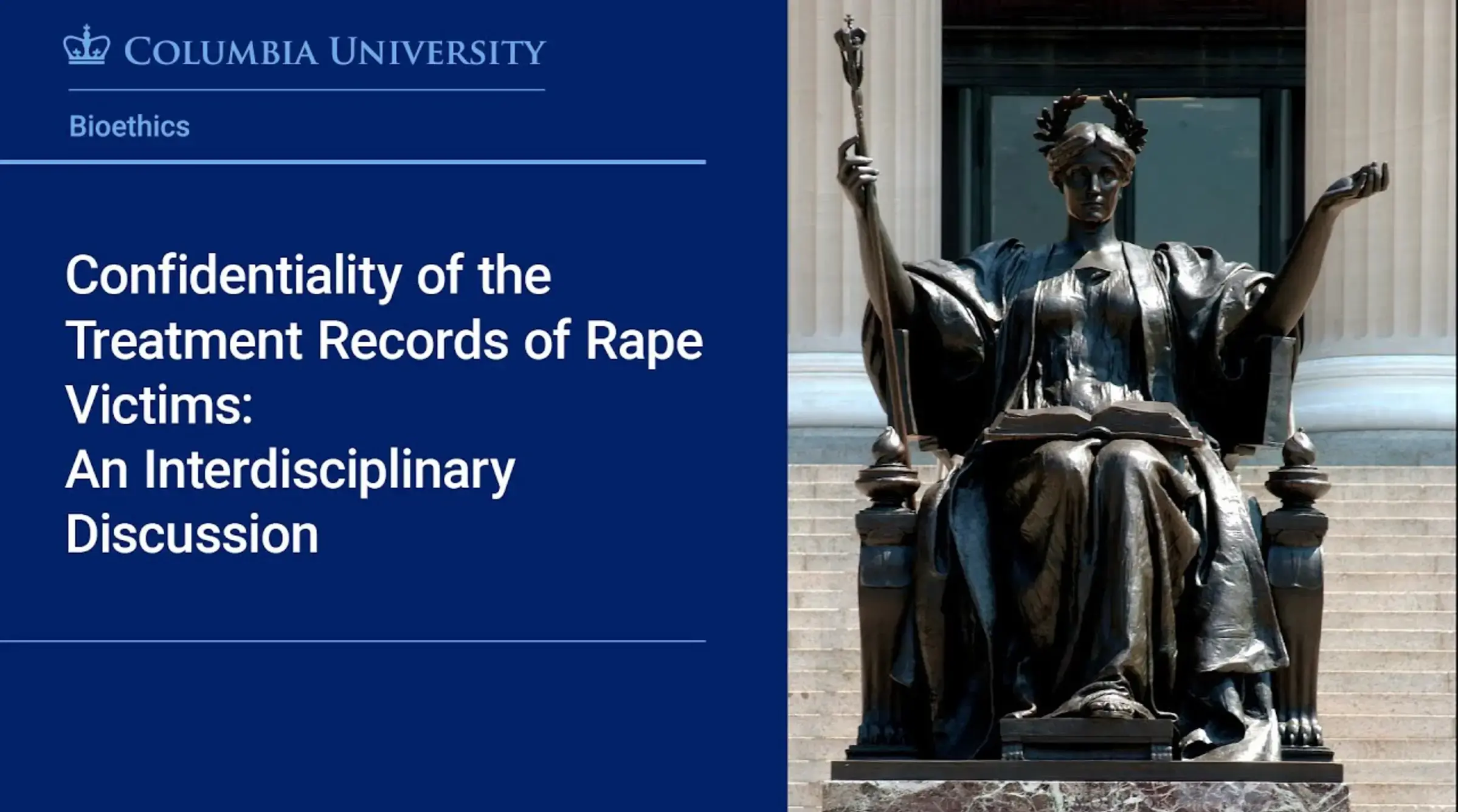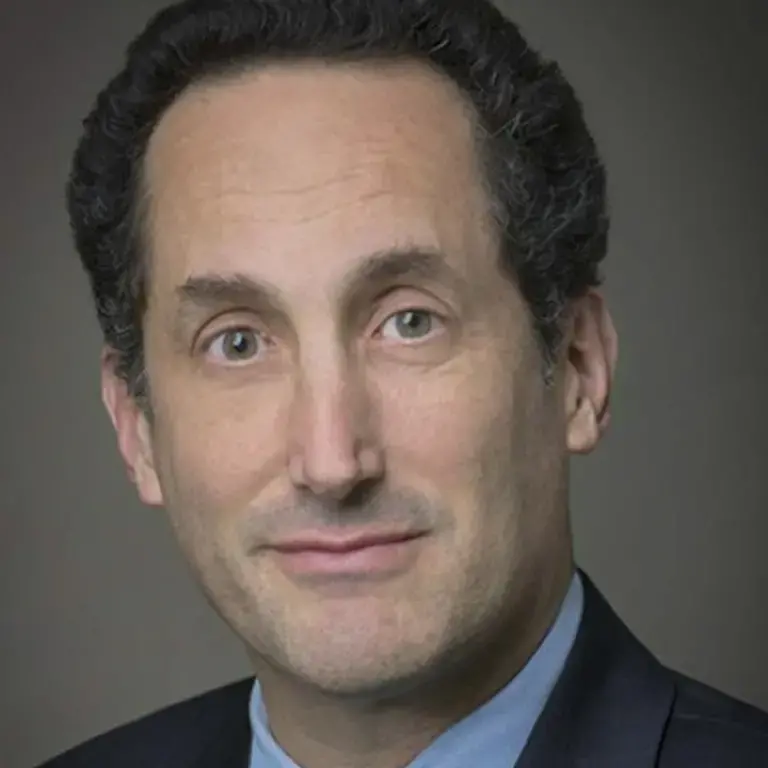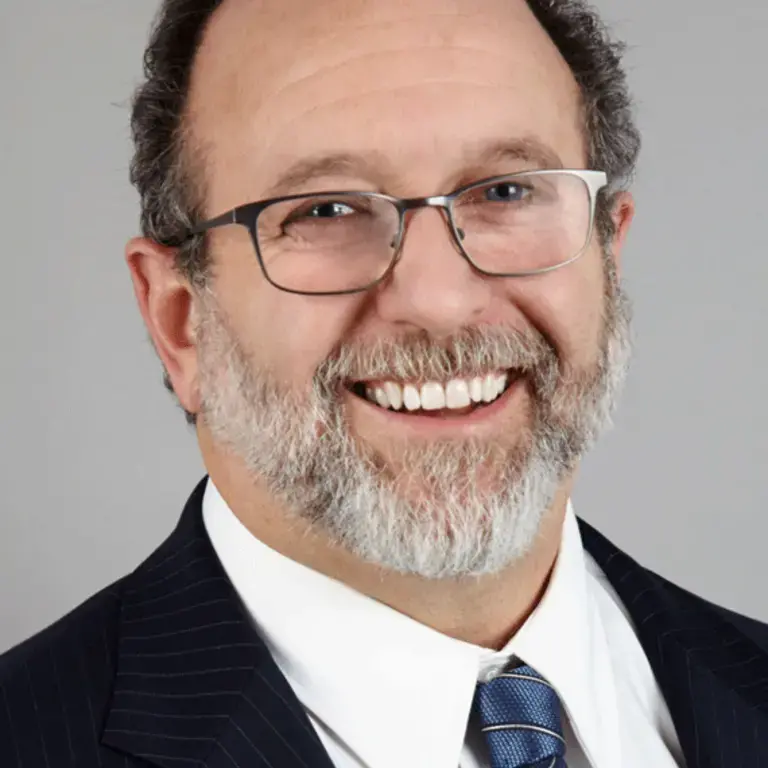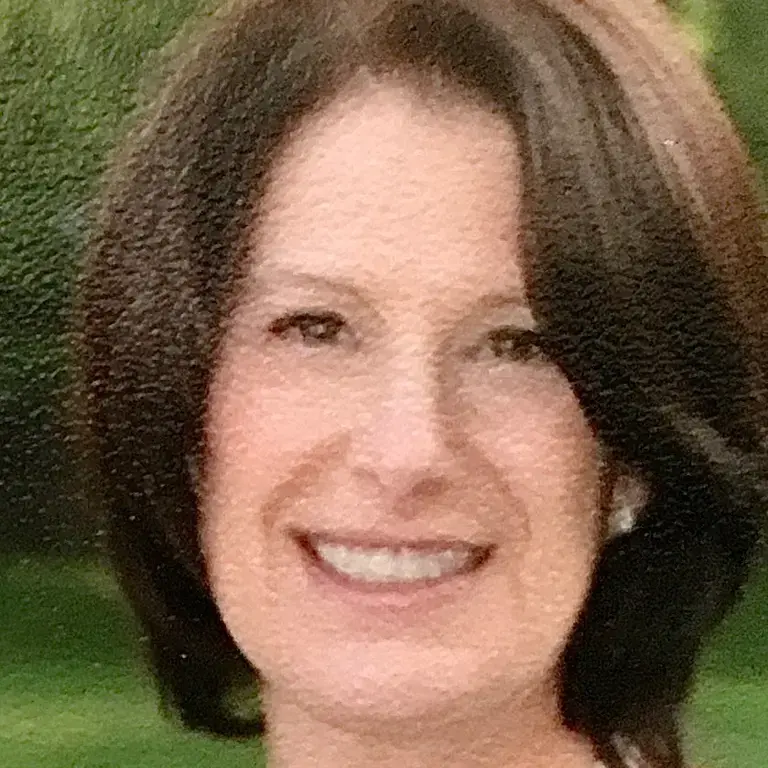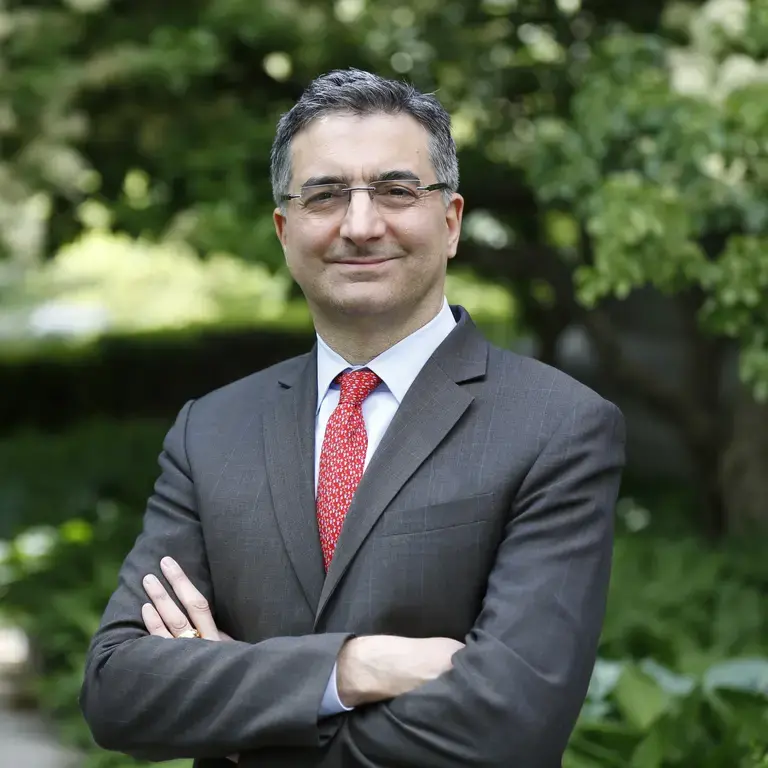Confidentiality of the Treatment Records of Rape Victims: An Interdisciplinary Discussion
This Columbia University Masters of Bioethics Program event is eligible for Continuing Legal Education (CLE) credits.
When the mental health treatment records of a rape victim are sought by the defendant, for use as trial evidence in a criminal prosecution, the presiding judge is obligated to determine whether, when contemplating such an order “requiring disclosure … the interests of justice significantly outweigh the need for confidentiality.”
What section 33.13 of the New York State Mental Hygiene Law does define is the criteria a judge should use in striking that balance between the clinical need for confidentiality of those records and the right of a criminal defendant to “every man’s evidence.”
That determination, and application of those criteria, requires consideration of profoundly important philosophical, legal, ethical, and clinical principles and priorities, which will be examined in this continuing legal education seminar. These questions are, in the first instance, matters of legal ethical obligations, but they also implicate the ethical duty of disclosure born by practitioners in a variety of clinical disciplines including mental health providers, emergency department clinicians and primary care providers. Those clinical obligation in turn implicate the ethical obligations of lawyers, both those representing criminal defendants, and those advising clinicians, on their duty to advocate for preservation of the confidentiality rights of their patients. The panel will examine the ethical obligations born by each of the stakeholders in these circumstances, and each of their obligations to consider the ethical duties of the others.
This program is eligible for Continuing Legal Education (CLE) credits. For further information please contact Athina Fontenot at af3018 [[at]] columbia [[dot]] edu (af3018[at]columbia[dot]edu).
Information Regarding New York CLE Credits:
Columbia Law School has been certified by the New York State Continuing Legal Education (CLE) Board as an Accredited Provider of CLE programs. Under New York State CLE regulations, this live simultaneous transmission transitional and non-transitional CLE Program will provide 1.5 credit hours that can be applied to the Ethics & Professionalism requirement. This CLE credit is awarded only to New York attorneys for full attendance of the program in its entirety. Attendance is determined by an attorney's submission of their Attorney Attendance Affirmation with appropriate course codes noted. Attorneys also should submit their completed Evaluation Form, provided by the program organizers. Please note the NYS Certificate of Attendance will be sent to the email address as it appears in the register unless otherwise noted there.
After you have viewed the program, please complete the attendance affirmation and evaluation below and submit them to Athina Fontenot at af3018 [[at]] columbia [[dot]] edu (af3018[at]columbia[dot]edu) to receive your certificate of completion.
Reading Materials
People v Griffin- court papers and decision for case study
Statutes:
33.13 of the New York State Mental Hygiene Law
Case Law:
UNITED STATES v. NIXON, PRESIDENT OF THE UNITED STATES, ET AL. 418 U.S. 683 (1974)
Lightman v Flaum, 97 NYS2d 128, 736 NYS2d 300, 761 NE2d 1027 (2001)
Regulations:
New York Attorney Rules of Professional Conduct (22 NYCRR 1200.0), Rules 1.1 and 4.1
Articles:
CLE Accreditation
Speakers
Apply
We encourage you to apply as soon as possible.
Request Information
Stay in the know with updates sent straight to your inbox.
